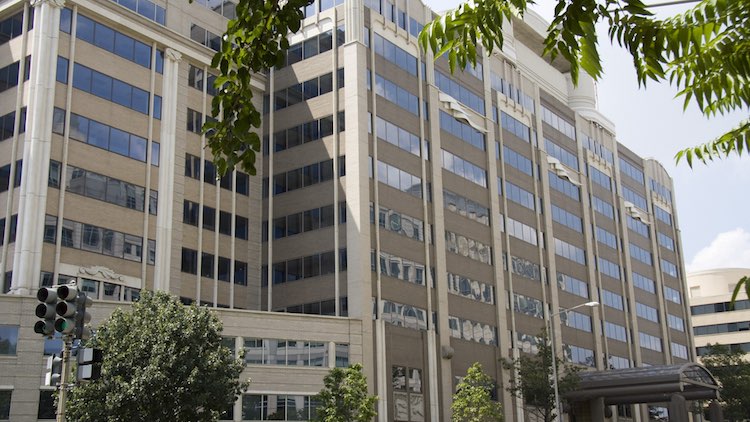LPTVs Seek Wider FCC Window to Find New Channels

The smarter way to stay on top of broadcasting and cable industry. Sign up below
You are now subscribed
Your newsletter sign-up was successful
LPTV stations have asked for a little more time to file applications for new channels.
In a public notice issued Feb. 9, the FCC's Media Bureau and Incentive Auction Task Force said the "special displacement window" for LPTV and translator stations filing applications for channels opened April 10 and closes May 15.
But LPTV Spectrum Rights Coalition Director Michael Gravino says the FCC just changed its guidance on how those should be filed and his members need another two weeks to digest the change and respond accordingly.
That came in a letter to FCC Media Bureau Chief Michelle Carey and Video Division Chief Barbara Kreisman.
In asking for the extension, Gravino cited a rally the coalition held at the NAB 2018 Show in Las Vegas Sunday (April 8), at which he says FCC officials in attendance provided "completely new guidance" from a webinar on the process two months ago.
He said that the new guidance was that if LPTVs applied and were rejected, they could apply again so long as the window was still open, which Gravino tabbed a "file early and often approach."
He says that the FCC's initial guidance was for LPTV's to allow prioritized analog-to-digital translators (DRTs), essentially low-power booster stations for full powers, to file their applications and then coordinate with them before filing, or essentially a "file late after coordination" approach.
The smarter way to stay on top of broadcasting and cable industry. Sign up below
"These are two different types of guidance, and dynamically change the type of coordination filers will have, if any at all," he wrote. "The impetuous to coordinate is much less with the new guidance, and it was given with less than 36 hours from the opening of the window. All affected do not even know of this yet, only those which attended our event.
He also said the data sets the FCC provided to help LPTVs identify where stations could relocate are not providing objective results, leading to what he called mass confusion about where channels are available. He said the two-week extension would lead to a "more equitable and fair displacement process."
An FCC spokesperson was not immediately available for comment.
The existing channels of LPTVs and translators were not protected in the congressional legislation that created the auction and necessitated the repack, but those displaced in the process are being given a "space available" option to apply for new channels. No one is guaranteed a new channel, but the FCC will try to accommodate as many as possible.
The application process is not like a musical chairs game, where last in loses. If there are mutually exclusive applications--both parties want the same channel or one assignment precludes the other, the FCC said it would give them a chance to cure it among themselves before designating that license for an auction between the parties.
In February, the FCC set the schedule for LPTVs and translators displaced in the incentive to try and find those new channels, including advising stations to identify new channels as close to existing broadcasters as possible, echoing advice from Microsoft, which wants as much of the remaining spectrum used for unlicensed wireless as possible.
While LPTVs and translators were not included in the incentive auction or protected in the repack, Congress recently signaled it had been a mistake not to do more to hold them harmless, voting to provide funding for their moves that was not in the original incentive auction bill.
Contributing editor John Eggerton has been an editor and/or writer on media regulation, legislation and policy for over four decades, including covering the FCC, FTC, Congress, the major media trade associations, and the federal courts. In addition to Multichannel News and Broadcasting + Cable, his work has appeared in Radio World, TV Technology, TV Fax, This Week in Consumer Electronics, Variety and the Encyclopedia Britannica.

